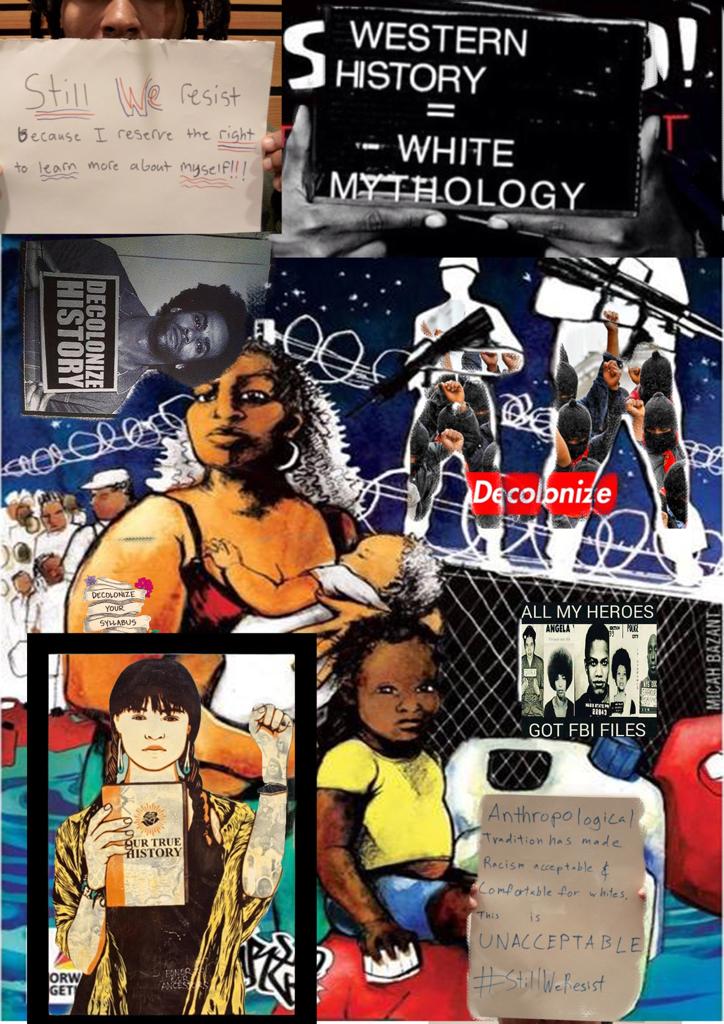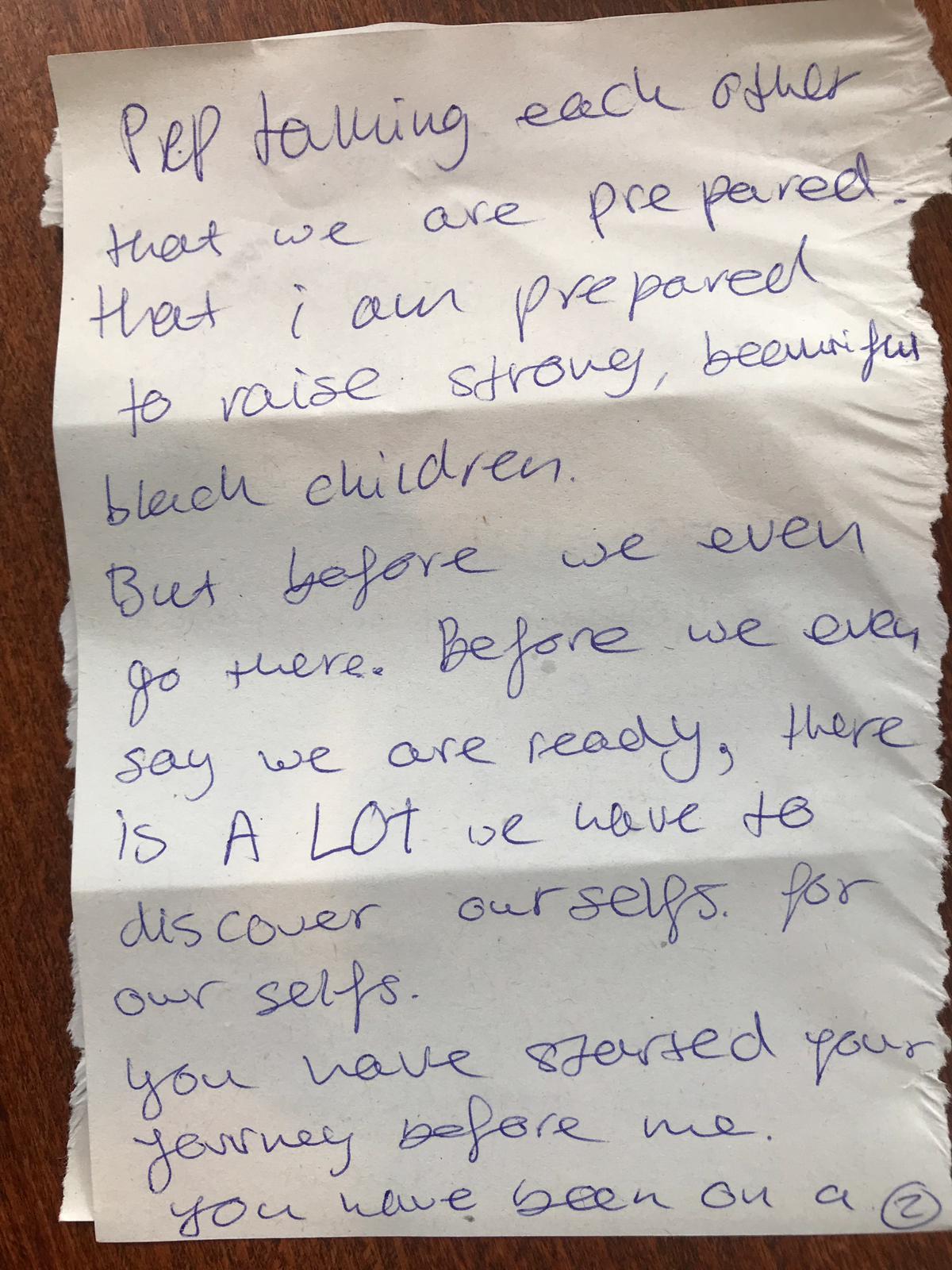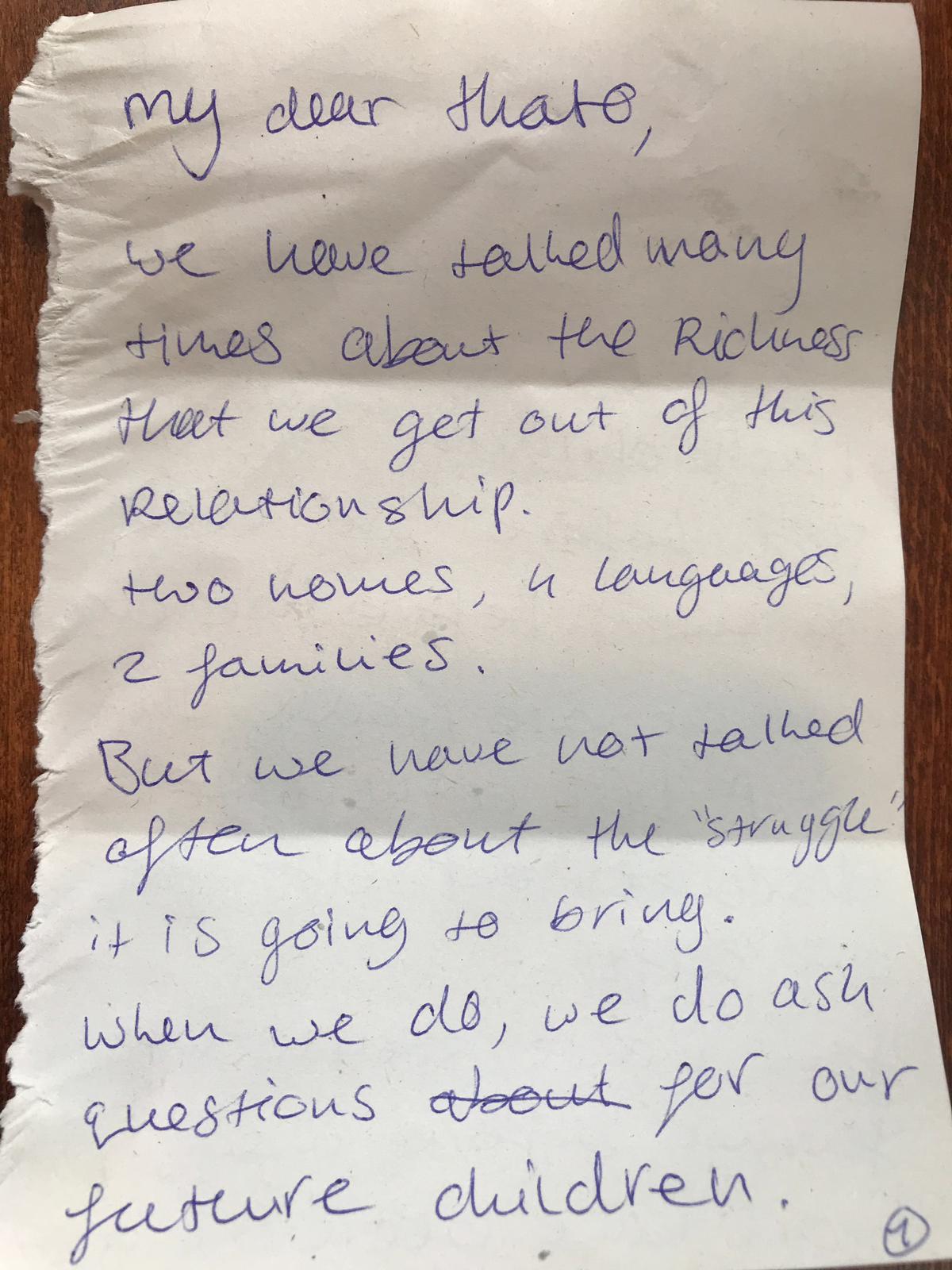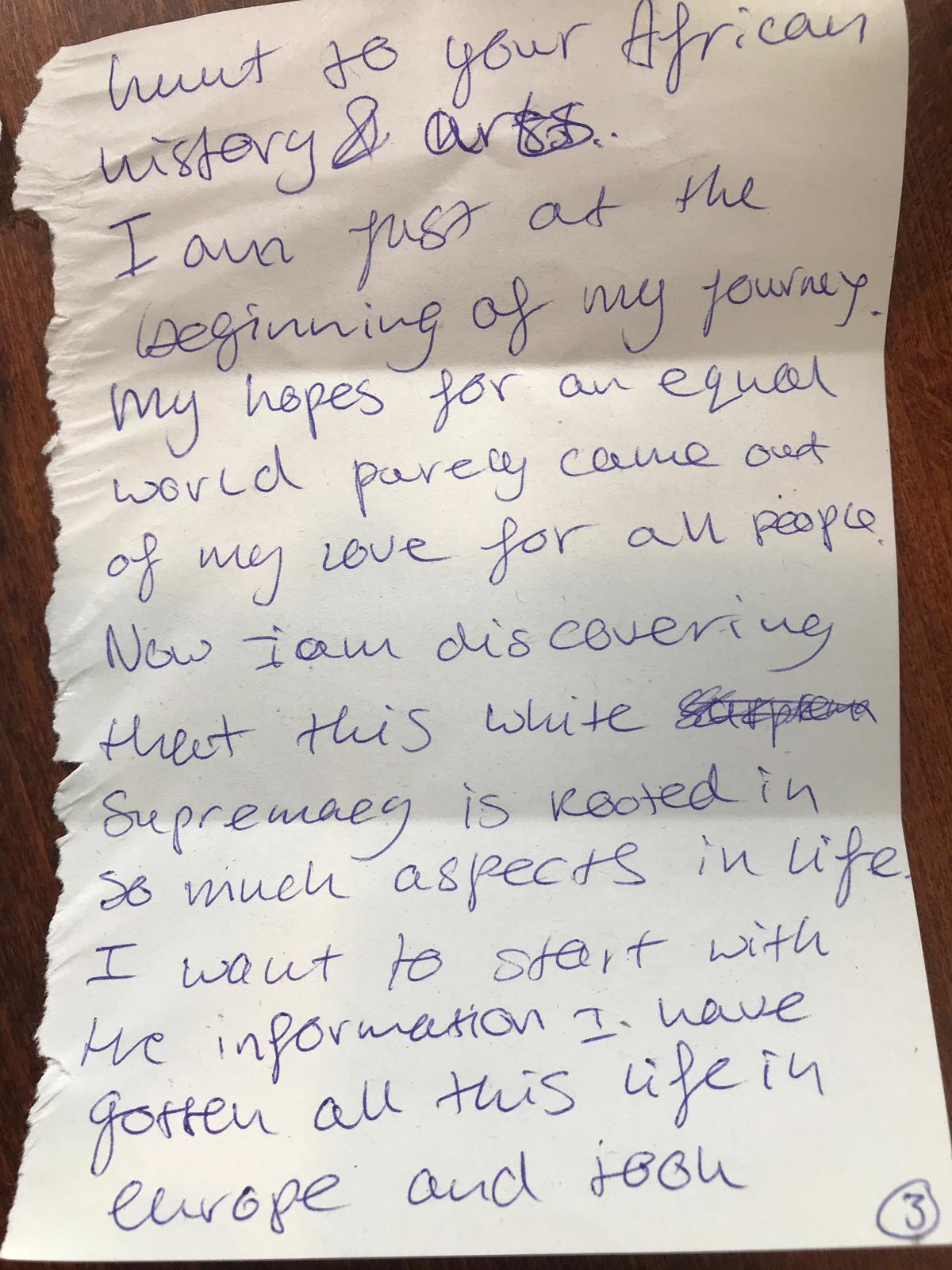Decolinze my mind
A half french half Dutch young woman digging into her priviliged position as a white woman in Dutch society.
And starting the journey of looking very criticaly to our Cultural archive, our taught curriculum, our schoolsystems, the grand narratives, our collective identity.
Reflections...
Materials...
This is not because whiteness is the same as history. Human history, by definition, is history beyond whiteness.
Decolonising the curriculum is, first of all, the acceptance that education, literary or otherwise, needs to enable self-understanding. This is particularly important to people not used to seeing themselves reflected in the mirror of conventional learning – whether women, gay people, disabled people, the working classes or ethnic minorities.
"...We don't have to confront how many teachers and acadamics look at their students of color with a perception of less hope and less ability".





Key Features of Whiteness
Whiteness is multidimensional, complex, systemic and systematic:
1) It is socially and politically constructed, and therefore a learned behavior.
2) It does not just refer to skin colour but its ideology based on beliefs, values behaviors, habits and attitudes, which result in the unequal distribution of power and privilege based on skin colour (Frye, 1983; Kivel, 1996).
3) It represents a position of power where the power holder defines the categories, which means that the power holder decides who is white and who is not (Frye, 1983).
4) It is relational. "White" only exists in relation/opposition to other categories/locations in the racial hierarchy produced by whiteness. In defining "others," whiteness defines itself.
5) It is fluid - who is considered white changes over time (Kivel, 1996).
6)It is a state of unconsciousness: whiteness is often invisible to white people, and this perpetuates a lack of knowledge or understanding of difference which is a root cause of oppression (hooks, 1994).
7) It shapes how white people view themselves and others, and places white people in a place of structural advantage where white cultural norms and practices go unnamed and unquestioned (Frankenberg, 1993). Cultural racism is founded in the belief that "whiteness is considered to be the universal ... and allows one to think and speak as if Whiteness described and defined the world" (Henry & Tator, 2006, p. 327).
Literature for dayzzzz
https://theboldandthesystem.hotglue.me/